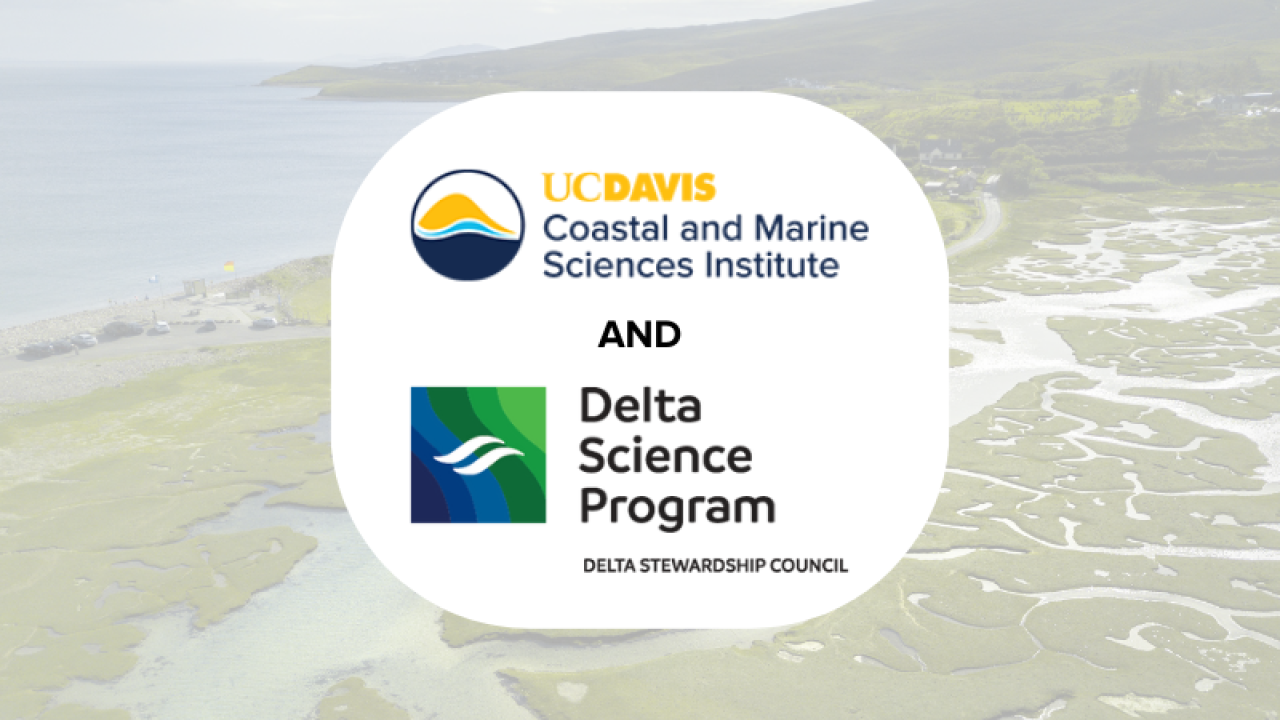
Event Date
How to Achieve a True Consensus for Best Environmental DNA Practices
#ucdavisedna2020
View video recordings of the sessions:
Environmental DNA (eDNA) is genetic material, obtained from ambient samples, which has been shed from organisms living in that environment. Environmental DNA technologies provide promising approaches to monitor and assess biodiversity. Applications encompass the detection of single species using targeted PCR based analyses, to whole community assessments via high throughput sequencing (e.g. metabarcoding). As the technology rapidly develops, numerous challenges relating to sample collection, handling, laboratory methods, data analyses and interpretation have been encountered, which call for evaluation, validation and standardization towards appropriate application to specific systems. Numerous publications have reviewed pros and cons of this technology, and to date there has been no consensus on use protocols and data management, particularly for estuarine systems, thus specific guidelines required to perform eDNA assessments needs to be determined. Environmental DNA approaches have the potential to detect elusive and threatened species in a non-invasive manner, thus extensive effort has been placed on determining its use in the San Francisco Bay-Delta (SFBD) region.
This symposium aims to build consensus by bringing together eDNA experts currently working on aquatic systems with academic scientists, agency staff, and stakeholders to discuss the utility and application of the tool to the San Francisco Bay Delta and nearshore coastal areas.
Topic areas:
- Current challenges
- How eDNA is being used in California
- Policy issues
- Further applications and benefits of the technology
Sponsors: Delta Stewardship Council: Delta Science Program (DSP), UC Davis Coastal and Marine Sciences Institute (CMSI), California Department of Water Resources, Metropolitan Water District of Southern California.
